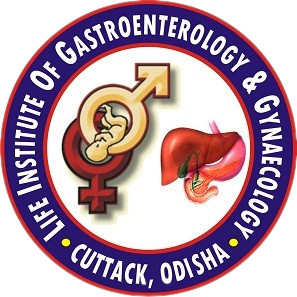It is an infection affecting the female reproductive organs, encompassing the uterus, fallopian tubes, and ovaries. Primarily triggered by sexually transmitted infections (STIs), it can also stem from the intrusion of other bacteria into the reproductive tract.
Symptoms
- Lower abdominal pain or pelvic pain
- Abnormal vaginal discharge
- Painful urination
- Painful intercourse
- Irregular menstrual bleeding
- Fever and chills (in severe cases)
Causes
Sexually transmitted infections (STIs), Other bacteria normally found in the vagina can enter the reproductive tract and cause infection, particularly during procedures such as childbirth, abortion, or insertion of intrauterine devices (IUDs).
Risk Factors
- Untreated STIs
- Use of intrauterine devices (IUDs)
- Recent childbirth, abortion, or gynaecological procedures
- Young age (under 25)
- Cigarette smoking
Understanding the Long-term Impact
- Chronic pelvic pain can lead to long-term pain and discomfort in the pelvic region.
- Infertility: It has the potential to induce scarring and harm to the reproductive organs, resulting in infertility
- A tubo-ovarian abscess refers to a buildup of pus within the fallopian tubes, often necessitating surgical drainage.
- Peritonitis infection of the lining of the abdomen, which can be life-threatening if not treated.
Diagnosis
- Medical history and physical examination
- Pelvic examination to check for tenderness or abnormal discharge
- Laboratory tests, including urine tests and tests for STIs
- Ultrasound and other imaging tests
Treatment
- Antibiotics are prescribed to treat the infection. Treatment may involve a combination of antibiotics to cover a broad range of bacteria.
- Severe cases of PID may require hospitalization for intravenous antibiotics and close monitoring.
- Surgical intervention may be needed to drain abscesses or remove damaged tissue.
Prevention
- Regular screening: Testing for STIs and early treatment of infections can prevent the development of PID.
Long-Term Outlook
Prompt diagnosis and treatment of Pelvic Inflammatory Disease (PID) typically result in a full recovery without lasting issues. Untreated PID can lead to chronic pelvic pain, infertility, or ectopic pregnancy. Regular gynaecological check-ups and safe sexual practices are crucial for prevention and maintaining reproductive health.

